As the hemp industry continues to evolve, new products and information are regularly introduced, leaving consumers with a lot of questions about what’s true and false. One such topic is the cannabinoid known as Delta 8 THC. In this article, we aim to demystify Delta 8 and separate facts from fiction so that you can have a clearer understanding of this intriguing compound.
What is Delta 8 THC?
Delta 8 THC (Delta 8-tetrahydrocannabinol) is a naturally occurring cannabinoid found in the cannabis plant, albeit in smaller amounts compared to its more famous sibling, Delta 9 THC. It has gained popularity due to its mild psychoactive effects, acting as a middle ground between Delta 9 THC and CBD (cannabidiol).
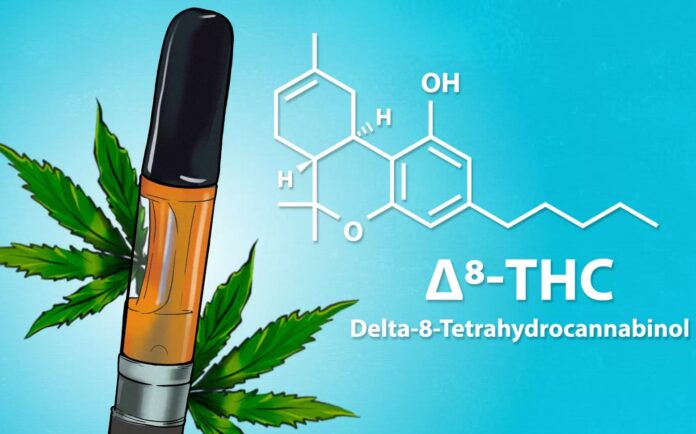
Delta 8 vs. Delta 9 THC: Similarities and Differences
Both Delta 8 and Delta 9 are forms of THC, however, the key difference between these two compounds lies in their molecular structure. Delta 8’s double bond is located on the eighth carbon chain, while Delta 9’s is on the ninth. Although it may seem like a small distinction, this positioning difference greatly impacts their psychoactive effects on the human body. Due to this, Delta 8 is considered to have a more subtle and manageable ‘high’ compared to the pronounced ‘high’ of Delta 9 THC.
Legality
Many individuals question the legal status of Delta 8 THC. Under the 2018 Farm Bill, the cultivation and sale of hemp-derived products containing less than 0.3% Delta 9 THC became legal on a federal level. This has led to some interpreters of the bill believing Delta 8 THC derived from hemp is also legal. However, several states have taken their own approach to Delta 8 and either restricted or outright banned it. It’s important to check your state’s regulations when it comes to the legal status of this cannabinoid.
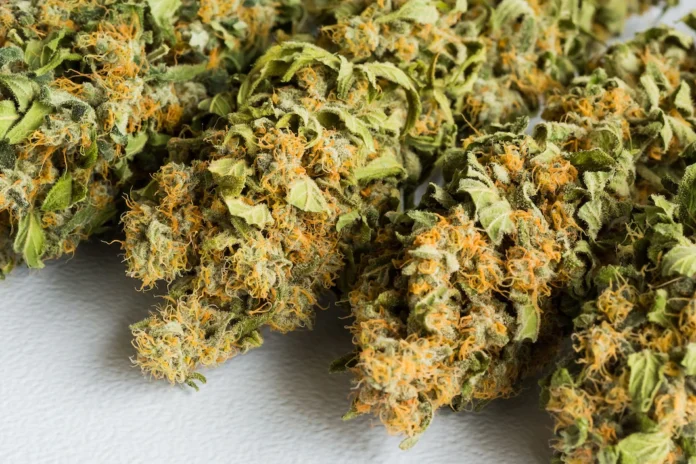
Production and Availability
Given that Delta 8 THC naturally occurs in low quantities, producers often convert other cannabinoids, like CBD, into Delta 8 using specific chemical reactions. Currently, the most common methods of consuming Delta 8 THC are through vaping with Delta 8 cartridges, tinctures, and edibles. As previously mentioned, its availability depends on the legal status of Delta 8 in your state, and like any substance, it’s essential that consumers take necessary precautions in sourcing products that meet high-quality standards and are tested by third-party laboratories. If you’re interested in trying Delta 8 products, you can buy Delta 8 from reputable online stores.
Medical Benefits
Though research on Delta 8 THC is limited, some studies point toward potential medical benefits. A 1995 study published in Life Sciences found that Delta 8 THC exhibited antiemetic (anti-nausea) effects in pediatric oncology patients undergoing chemotherapy. Other research has suggested possible analgesic (pain-relieving) and anxiolytic (anti-anxiety) properties. However, it’s crucial to note that these studies are scarce, and more research is needed to fully understand the medical potential of Delta 8 THC.
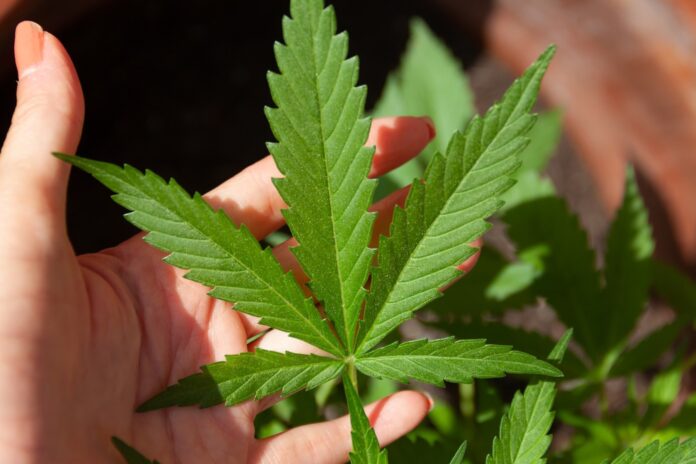
Controversies and Concerns
Concerns regarding Delta 8 THC primarily revolve around its psychoactive effects, availability to minors, and the unregulated production processes. The lack of oversight in the industry can result in products varying in quality and potency, which may pose risks to users. Additionally, the limited research done on Delta 8 raises valid questions about its long-term effects and potential interactions with other medications.
Consumer Responsibility
As with any new product, consumers hold responsibility for their own safety and well-being. It is essential to research and understand the various aspects of Delta 8 THC, including the manufacturing process and reliable sources for legitimate products. By doing so, consumers can make informed decisions about incorporating Delta 8 THC into their routines and experiences.
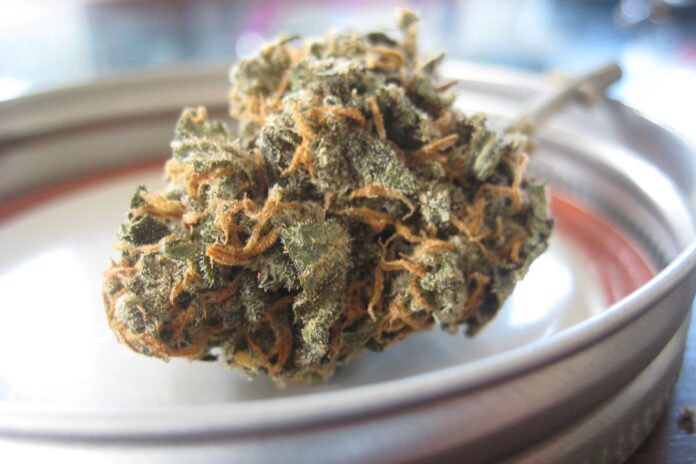
Future Implications
As the research surrounding Delta 8 THC expands, the implications for the hemp industry could be far-reaching. Unlocking the full potential of Delta 8 could result in an array of new products tailored for specific needs, paving the way for more targeted and personalized experiences. As the industry adapts to the changing landscape, regulations and guidelines may continue to shift in response to scientific discoveries and societal acceptance.
Consumer trends in the cannabis industry
Consumer trends in the cannabis industry have evolved significantly in recent years due to the increasing legalization and mainstream acceptance of marijuana products. With more people interested in the benefits of cannabis, a diverse range of products have emerged to meet the growing demand.
One of the most significant trends is the shift from traditional smoking methods to other consumption methods, such as edibles, tinctures, and topicals. These methods provide a discreet and convenient way to consume cannabis, without the stigma of smoking. As a result, more cannabis consumers are experimenting with these alternatives, leading to the growth of the edibles and infused products market.
Another trend in the cannabis industry is the focus on wellness and health. Many cannabis consumers are looking for products that can enhance their physical and mental well-being, such as CBD-infused products, which are known to have therapeutic properties. In addition, there is a growing interest in the use of cannabis for medicinal purposes, leading to the development of products specifically designed for medical use.
Another trend is the focus on quality and transparency. Consumers are becoming more discerning about the products they use and are looking for brands that offer high-quality, safe, and tested products. This has led to the growth of lab testing and certification services that provide consumers with information about the potency, purity, and safety of their products.
Overall, consumer trends in the cannabis industry are shifting towards a more diverse range of products, a focus on wellness and health, and a greater emphasis on quality and transparency. As the industry continues to grow and evolve, it will be interesting to see how these trends develop and shape the future of the cannabis market.
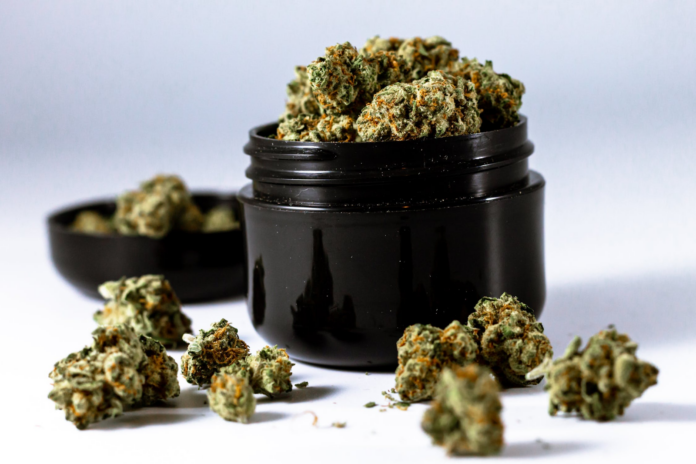
Conclusion
Delta 8 THC is certainly an interesting compound that has piqued the curiosity of both consumers and the hemp industry. It is crucial for regulatory bodies to take appropriate measures and implement guidelines for the safe use of Delta 8 THC, and for consumers to stay informed about its effects and legal status. Research into Delta 8 is still in its infancy, but as understanding grows, so too does the potential to more clearly distinguish between fact and fiction in the Delta 8 THC story.









